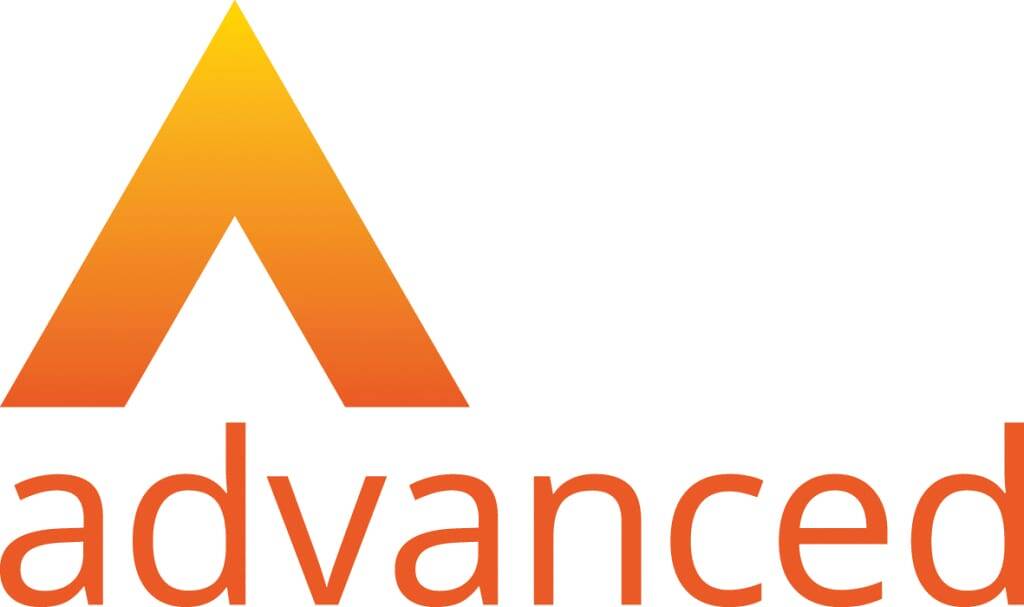This is the Sponsored paywall logged out

We know the bar has been set high. When the UK became the first major economy to pass laws to end its contribution to global warming by 2050, it was always going to be an ambitious target. Achieving net zero by this deadline puts clean growth at the very heart of this country’s modern industrial strategy.

Of course, at the forefront of this commitment is the utility sector, and the right people equipped with the right tools in all areas are going to be essential to help bring this about. From scientists to engineers and data specialists, a diverse range of bright and skilled people will help transform the national infrastructure, so that every industry, workplace and home has access to clean energy.
However, these people are going to need the support of innovative and reliable technology if they are to work in the most effective way. This software will impact their work across the board. One area where it can make a real difference is field management technology. For example, if an organisation uses dynamic resource scheduling, field-based work can be organised to optimise resources as the working day evolves. This involves the seamless blending of planned, appointed, responsive and last-minute work to continually create the most effective, integrated schedule. Dynamic resource scheduling will lead to time savings and a reduction in mileage covered by the field teams, as their location and work is optimised, bringing down fuel consumption.
Good field management technology will also include a mobile workforce management solution, incorporating the full lifecycle of field-based activity from allocation to completion. This empowers a workforce by ensuring field-based teams have all the information they need to carry out their work to the highest standards. Technicians on each job will be armed with the asset history, technical documents, customer service history and training manuals. Real-time information can flow seamlessly between office-based teams and field-workers, giving managers visibility of the end-to-end field service process. Managers get live updates on individual jobs, enabling them to respond quickly to customer needs. Field workers can accept work, provide status updates on progress and complete tasks in real-time, rather than having to spend hours on the road returning to head office.
Utilising technology such as this makes an organisation a more attractive proposition to prospective employees. New data shows that sustainable organisations have a competitive advantage when it comes to attracting and managing talent. Bain & Co. surveyed employees from Brazil, the UK, Germany, China, India, and the US and found that employees care a lot more about sustainable businesses than they did three years ago. Employee engagement rises when they are actively involved in sustainability initiatives and feel empowered that their actions are making a difference. Firms whose culture empowers them to consciously work towards reducing their carbon footprint, appeal to today’s environmentally friendly workforce. “The current generation wants more than just a pay cheque; they seek to work for organisations that coincide with their personal beliefs,” suggests Inc. columnist Paul Spiegelman.
This technology also ensures the safety of employees, helping them to feel secure, with the protection of panic alarm buttons and panic timer features. All of this is vital if the utility sector is to attract and retain the very best people.
Another important element in keeping staff happy is the knowledge that they are delighting their customers. Good field management technology can ensure teams are empowered to be proactive in the field, complete more tasks and meet all customer commitments. The software will also remind customers about appointments – reducing the number of failed visits, improving productivity, increasing customer satisfaction and reducing wasted travel.
We have recently started working with Anesco, the largest renewable energy provider for solar and battery storage in the UK, to ensure it gains these sorts of benefits. Using our field service management software as the foundation of a configured solution to support its operations and maintenance division, Anesco now has functionality that has enhanced its customer service, while increasing team safety and productivity – as well as reducing costs. Our solutions (Dynamic Resource Scheduler, Job Manager, InfoSuite and Work Hub) support core aspects of Anesco’s field service operations, including dynamic and flexible scheduling, mobile working and works order management. Anesco’s system now delivers better, more agile communication, greater visibility into mobile worker whereabouts and more efficient team deployment, as field-based workers are successfully connected to the office.
“We recognised that to sustain our leadership position, support our growth plans and continue to deliver a high-quality service to our clients, we needed to take a fresh look at the technology that underpins our field-based operations,” says Matt Harvey, Head of O&M, Anesco
The clock is already ticking. By starting to embrace innovation in all areas, the utility sector can successfully lead the way, and ensure the UK is on course to deliver on its net zero commitment.
Find out more: www.oneadvanced.com/solutions/field-service-management/





Please login or Register to leave a comment.